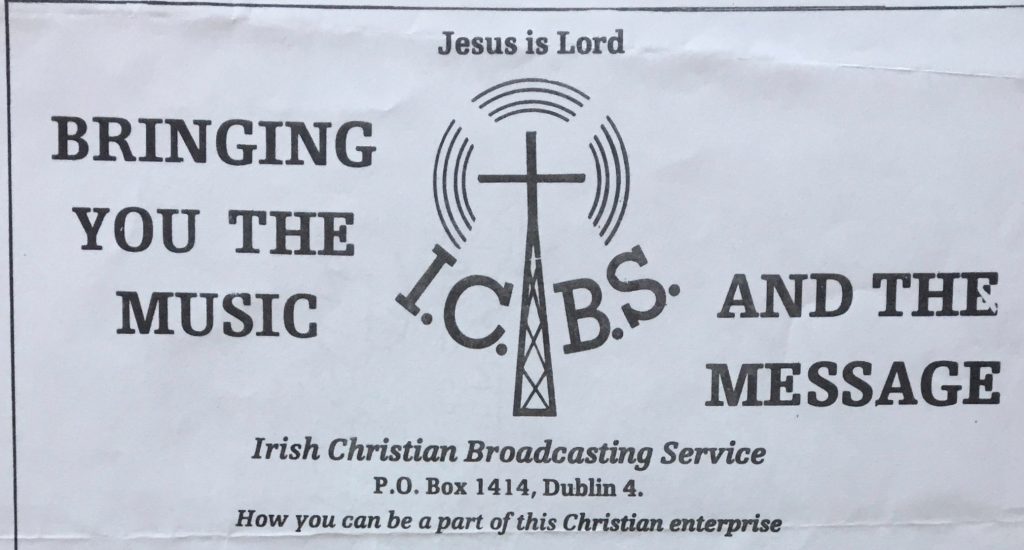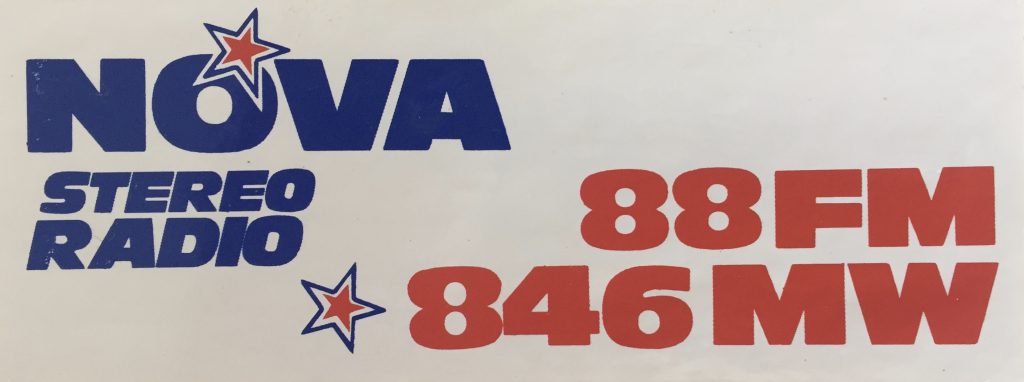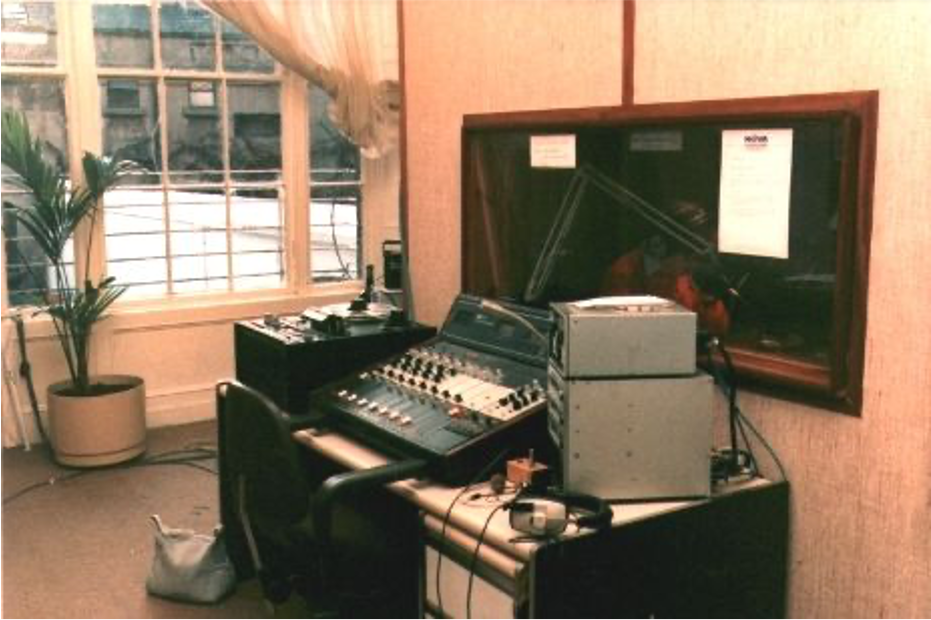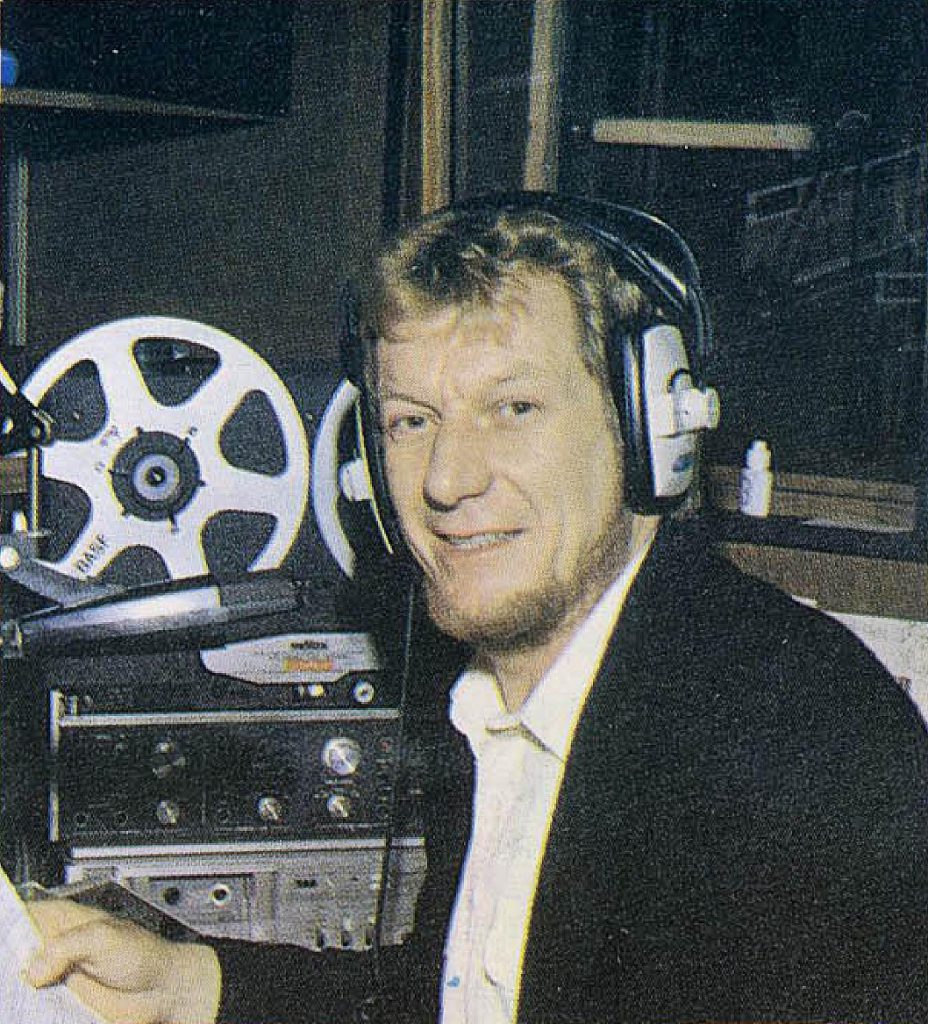Podcast: Play in new window | Download

Christian and Catholic pirate stations were among the niche unlicensed broadcasters of the 1980s. The longest running station was the Irish Christian Broadcasting Service which went on air in 1981 and continued until midnight on 30th December 1988. In the early days, it broadcast from a convent in Finglas in northwest Dublin and later moved to Chapelizod and then Ballsbridge. The station was listed on 1071 kHz in logs spanning 1981 to 1985, when it moved to 891 kHz and then to 981 kHz, where it remained until the end of 1988. An Evening Herald report from 5th May 1983 said that ICBS was test broadcasting for a few hours each evening on 1404 kHz.
The same article reported that ICBS intended to apply for a licence and a spokesman Jim Sherlock was quoted as saying that they did not wish to defy the authorities. He claimed that the Catholic Church was interested in ICBS and that the minister with responsibility for broadcasting, Ted Nealon was ‘sympathetic’ with their case. It was reported that ICBS did not carry advertisements and was financed by voluntary contributions. The schedule consisted of 70 percent religious and other music and 30 percent religious interviews and news.
This recording was made from 1071 kHz on 5th April 1982 and consists of biblical extracts read by a woman with an American accent, interspersed with religious music. It may have been a tape sent to ICBS by a US religious group. Recordings of this type were occasionally used as income streams by Irish pirates, both religious and non-religious. Thanks to Shay Geoghegan for the donation.




